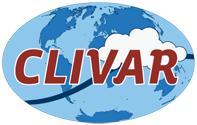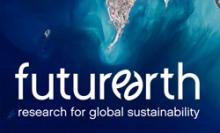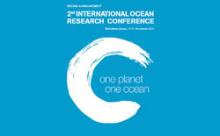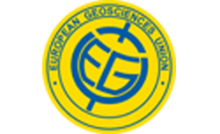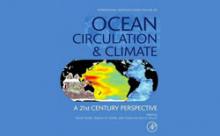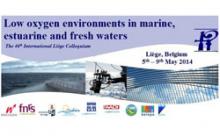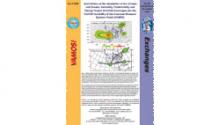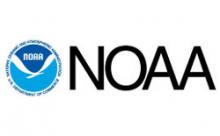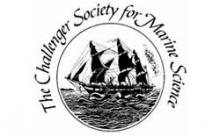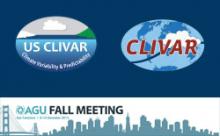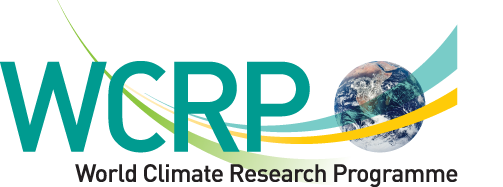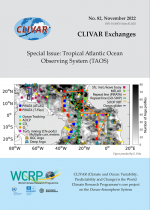First Announcement for the Ocean Salinity Science & Salinity Remote Sensing Workshop 26th - 28th November 2014, Met Office, Exeter, UK
Submitted by admin on Wed, 2014-03-05 13:03The scientific relevance for measuring Sea Surface Salinity (SSS) is more and more recognized in the ocean community. SSS plays an important role in the dynamics of the thermohaline circulation, ENSO, and is the key tracer for the marine branch of the global hydrological cycle, which comprises about 3/4 of the global precipitation and evaporation budget. Ocean surface salinity is of key importance for land-sea (river plumes), air-sea (ocean stratification, barrier layers, CO2 fluxes) and ice-sea interactions, marine biology, marine biogeochemistry and marine bio-optics.
